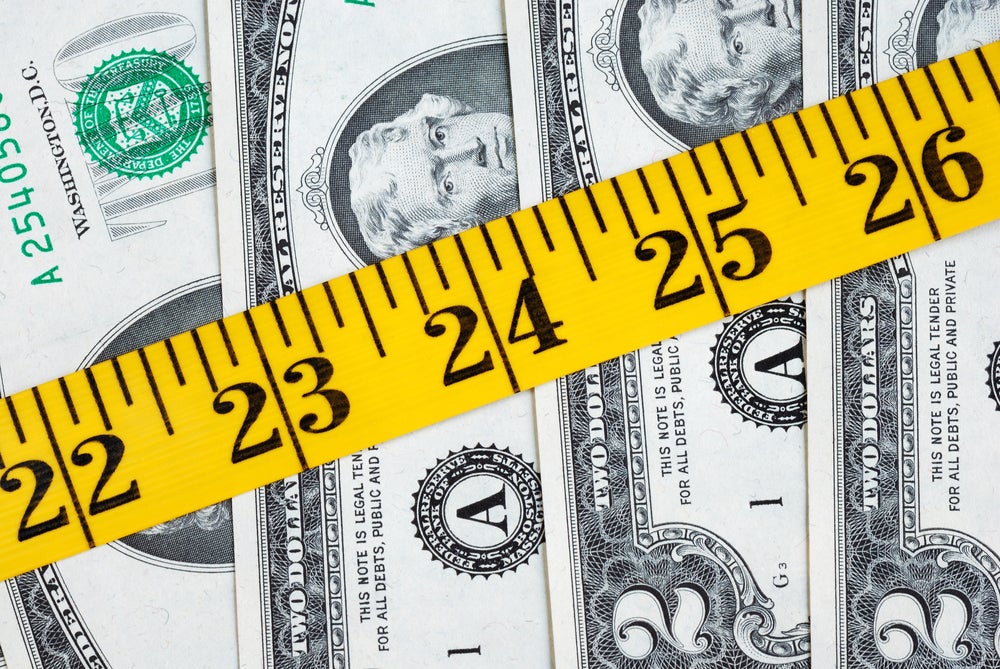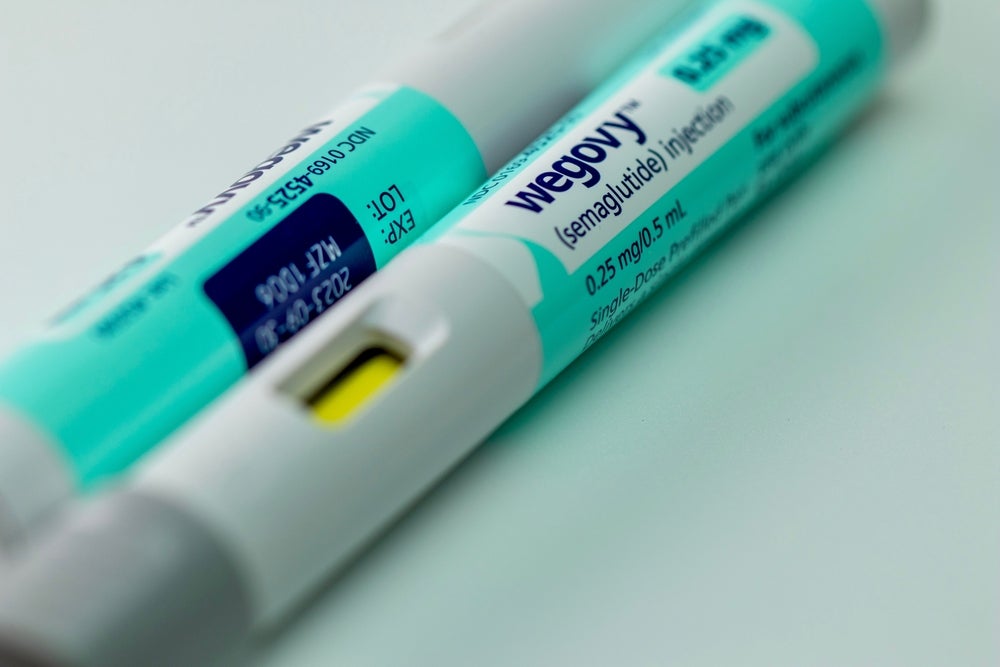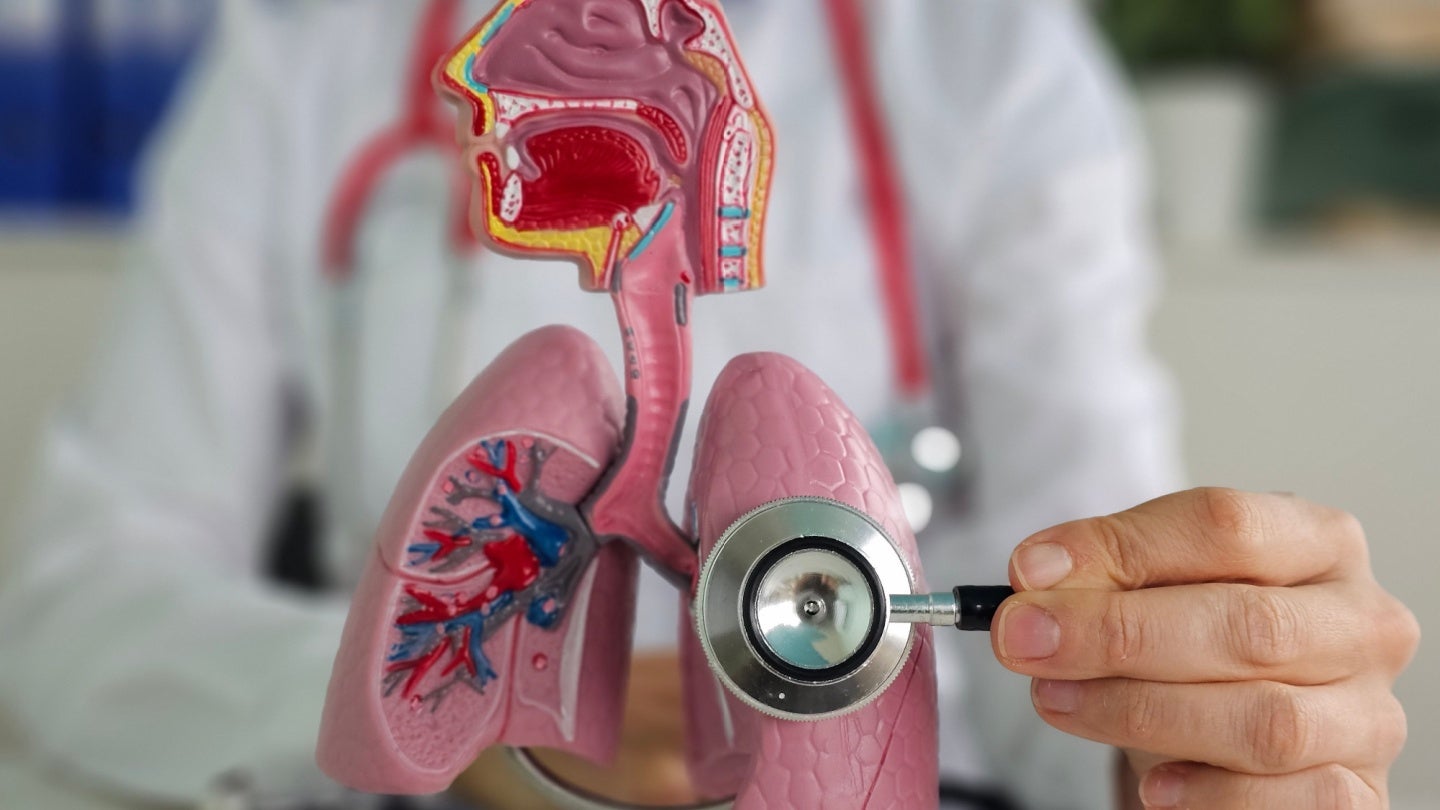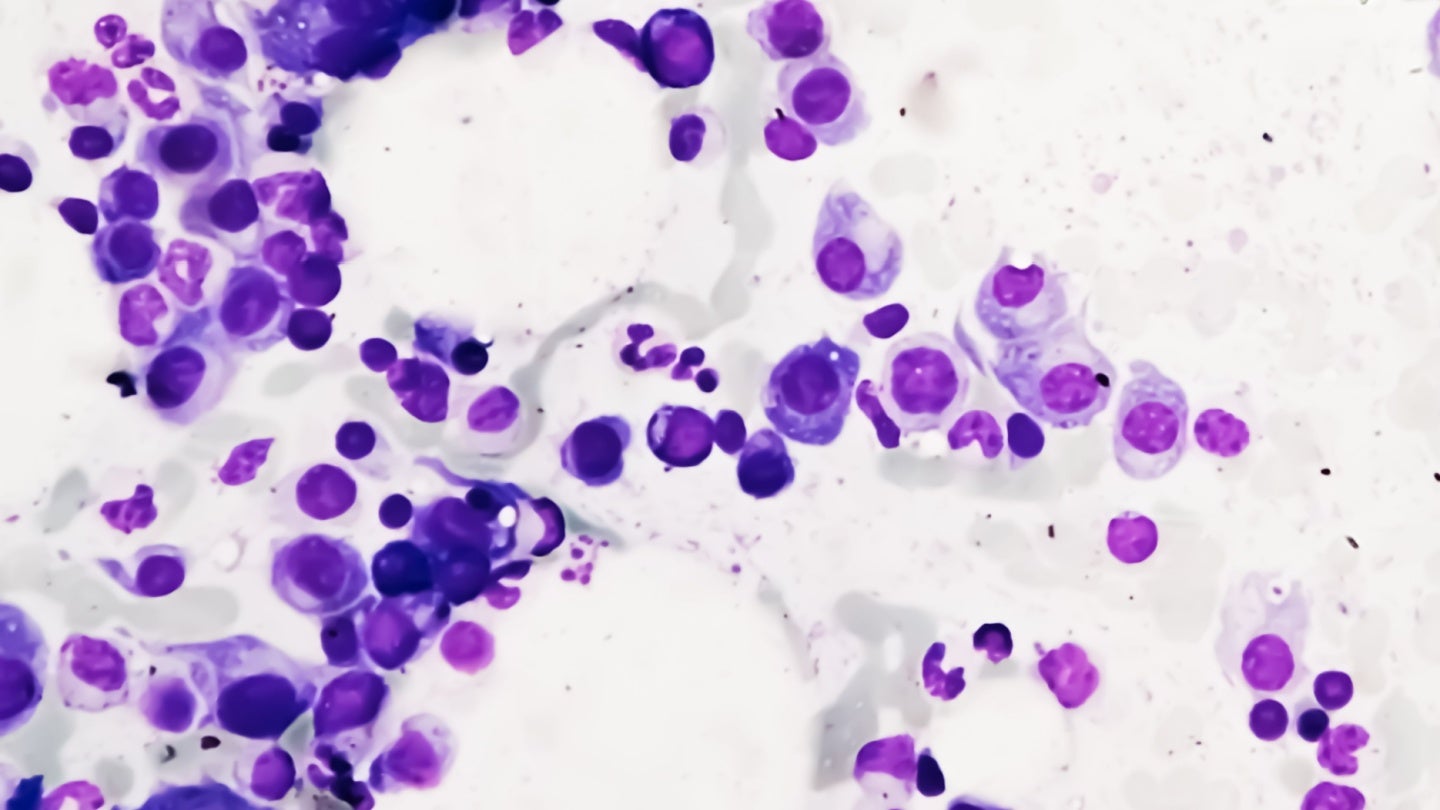Why depression after traumatic brain injury is distinct — and less likely to respond to standard treatment
Depression after traumatic brain injury is distinct, a new study finds, and there may be a way to first map and then target disrupted brain circuits.

Traumatic brain injury multiplies the risk of major depression eightfold. While the emotional trauma of whatever caused such deep damage may be understandable, from a blast in a war zone to a blow on the playing field, there’s a physiological component, too, that neuroscientists have long suspected but have been unable to identify.
“As clinicians, a lot of us had a gut feeling that [TBI-associated depression] is a different disease,” said Shan Siddiqi, a Harvard Medical School assistant professor of psychiatry and a clinical neuropsychiatrist at Brigham and Women’s Hospital in Boston. “Why did nobody detect it before? I think the reason is because unlike other psychiatric disorders, TBI caused a sort of structural reorganization of the brain.”
What's Your Reaction?
































